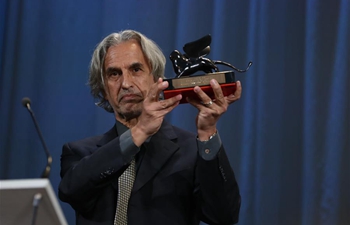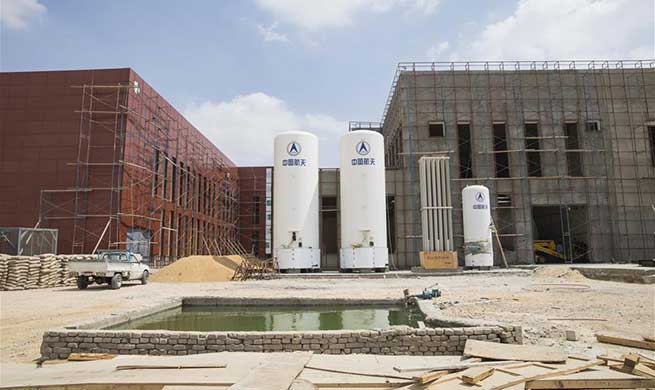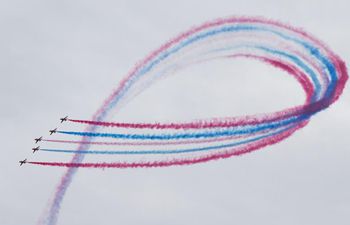BEIJING, Sept. 8 (Xinhua) -- An international team of researchers have found how a type of duckweed copes with water pollution.
Researchers from the Shanghai Jiaotong University, Chinese Academy of Agricultural Sciences, Rutgers University-New Brunswick in the U.S. and Shanghai Institutes for Biological Sciences, Chinese Academy of Sciences used a new approach called "long-read, whole-genome sequencing" to study the genome of Spirodela polyrhiza, a species of small and fast-going duckweed found worldwide.
According to the study published in the journal Proceedings of the National Academy of Sciences, the researchers found that the immune system of Spirodela polyrhiza adapts to polluted environments in a way that differs from land plants.
The new DNA sequencing approach helps researchers identify genes that are responsible for the aquatic plant's protection against a wide range of harmful microbes and pests, including waterborne fungi and bacteria.
The researchers said that the new gene sequencing approach is a major step forward for analyzing the entire genomes in plants.
The study could help lead to the use of aquatic plants for bioreactors that recycle wastes and to make drugs and other products, treat agricultural and industrial wastewater and make biofuels, said the researchers.
Genome sequencing involves cutting DNA into pieces, reading the fragments and then using a computer to patch the sequence together.
DNA carries genetic blueprint in a double-stranded string of molecular "letters" called nucleotides or base pairs which form links across the two strands to hold DNA together.
Short-read sequencing technologies cut DNA into "words" that are about 100 base-pairs long. Long-read sequencing, by comparison, cuts DNA into words that are thousands of letters long, revealing some parts of the genome like never before.

















